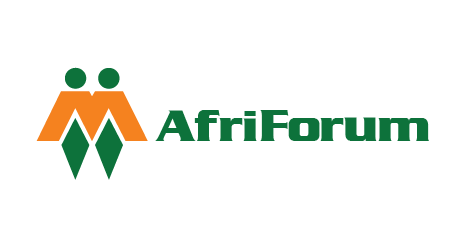The civil rights organisation AfriForum on 2 May 2019 launched its #CleanWater project for 2019 at the Rosemoor Old-age Home in George as part of the #AnchorTownRoadshow. Branches countrywide were also mobilised to test the quality of drinking water and sewage water in towns where there are active AfriForum branches.
“The government is not serious about the health of South Africans. This is clearly observed from the fact that the Department of Water and Sanitation (DWS) is not only bankrupt but is also facing a parliamentary investigation due to the mismanagement of former Minister Numvula Mokonyane. Under her leadership the last official Blue and Green Drop Report was published seven years ago. The ANC government is trying to hide its incompetency by withholding information from the public and even parliament while normal people are suffering on a daily basis as a result of this water crisis. We can no longer trust the state to supply us with water that is safe and that is why we are testing the quality of the water ourselves,” says Lambert de Klerk, AfriForum’s Project Coordinator for Environmental Affairs.
The civil rights watchdog in 2018 ensured with its blue and green drop project that the drinking water quality of nearly 186 towns is up to standard.
“AfriForum will ensure that any pollution related problems will be solved as soon as possible by sending a letter of demand to the relevant municipality demanding that the problem be rectified within 48 hours,” adds De Klerk.
AfriForum will furthermore send an official letter to Gugile Nkwinti, the new Minister of Water and Sanitation. This letter will, among others, demand that:
- The DWS will once again annually publish the official Blue and Green Drop Report to shed light on the country’s water quality and the management thereof;
- There will in 2019/2020 be budgeted for the repair of all waste water treatment plants;
- A programme will be launched to hold water polluters responsible (the government is the biggest polluter: 4 200 megalitres of sewage that doesn’t comply with applicable health standards is spilled into rivers and dams on a daily basis);
- There will in 2019/2020 be budgeted for the repair of water infrastructure in the DWS’s war against water leakages (municipalities are losing more than 40% of their drinking water due to leaking water pipes);
- South Africans that are competent to manage the country’s water systems be appointed immediately;
- The current organogram and structure of the DWS be revised to point out and scratch redundant posts and fill vacant posts;
- Incompetent officials and those having a history of corrupt relationships be removed; and
- All investigations of the DWS that have been concluded be made public by the special investigative unit and independent consultation firms to ensure transparent processes.
As the guardian of water, the DWS doesn’t fulfil its obligations by enforcing legislation when municipal authorities are the guilty party. AfriForum is of the opinion that an independent water regulator can still play a meaningful role in South Africa to improve water quality, water supply and water management.
“If South Africa has an independent water regulator that is not vulnerable to political interference and able to enforce water and service legislation, we would have less leakages, less public complaints and protest, cleaner rivers and dams, healthier communities, a growing economy and more water,” concludes De Klerk.
Is your water clean? SMS the name of your town to 45354 (R1) and give AfriForum the mandate to test the quality of your town’s water.

